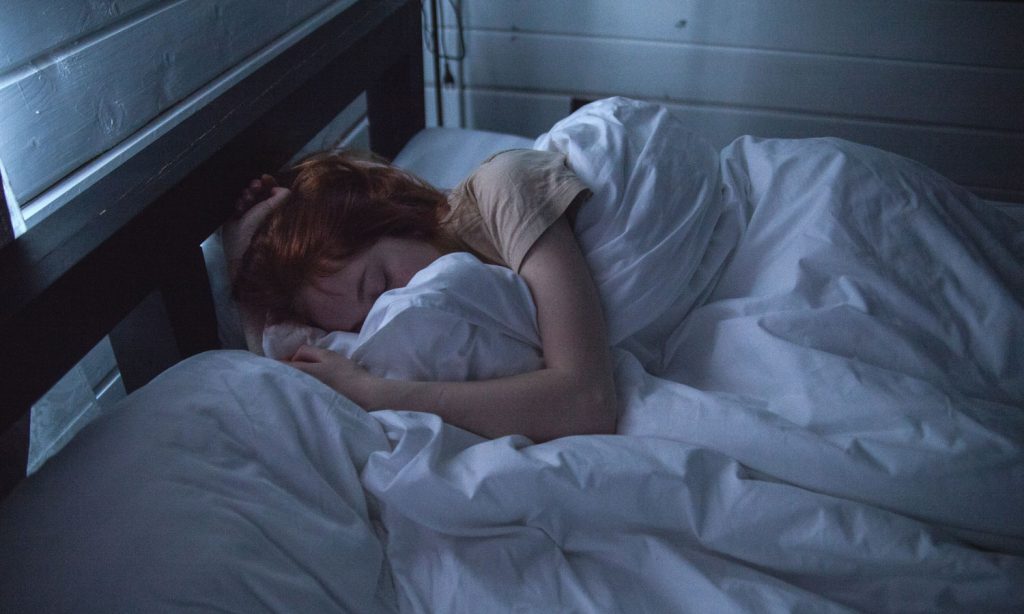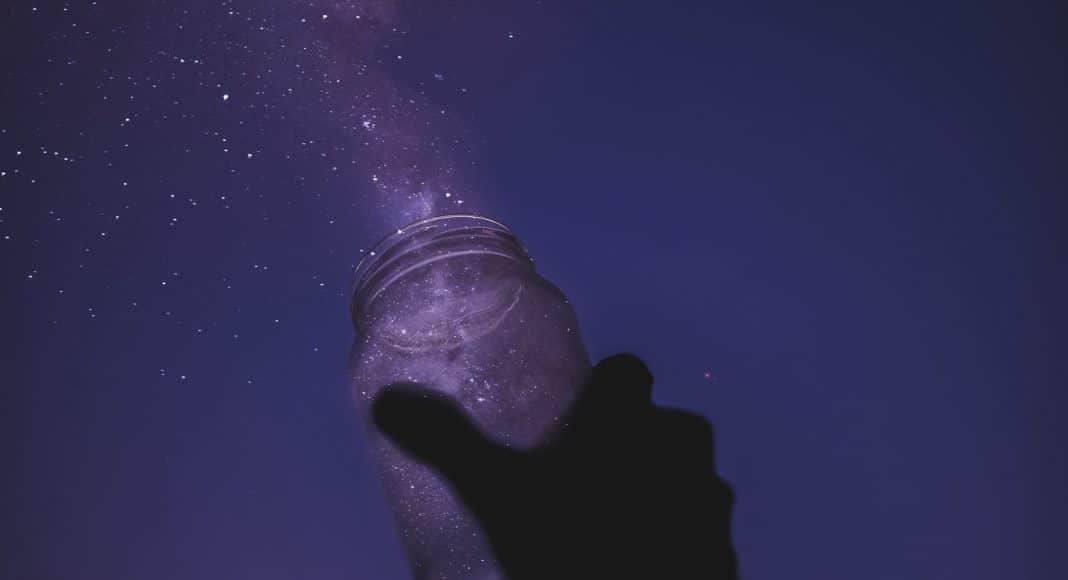Marijuana use lowers your amount of REM sleep, which decreases the time you’re able to dream each night.
The first part of an old stoner tale goes something like this: At a certain point, after habitually using marijuana so many consecutive days, you lose the ability to dream. Your head hits the pillow, and your mind becomes a blank canvas until you rise the next morning.
The second part, meanwhile, regards what happens should you stop smoking weed. Instead of another night of silky blackness, your sleep will roar with vivid color, indescribable scenarios, and intense eruptions of dreamscape. It will be like all the dreams you didn’t have while smoking come rushing back all at once in operatic phantasms.
RELATED: MDMA Could Reduce Alcoholism Relapse, Says Study
Scientists have also documented this phenomenon. A 2001 study published in JAMA Psychiatry aimed to better understand how individuals who were daily recreational marijuana users reacted when they abstained from smoking weed. The subjects agreed to continue smoking marijuana as usual for several days, undergo a three-day window of abstinence, resume their usual weed habits for a stretch, then quit cold turkey for another three days. Included among the side effects scientists noticed during the abstinence periods were decreased appetites, sleep difficulties, raised levels of irritability, and that “strange dreams increased significantly during one abstinence phase.”

Many people have a basic understanding of how sleep works. When we close our eyes, our physiological systems circulate between a set stages of sleep—Stages 1 through 4, then what scientists call REM sleep, or Rapid Eye Movement sleep. REM sleep is where you dream, as your body enters a stage of paralysis (if you weren’t paralyzed, you’d likely act out your dreams in real life).
“People who use marijuana, they tend to suppress REM sleep. They have less REM sleep,” said Dr. Samoon Ahmad, a practicing psychopharmacologist and psychiatrist. “And when they have less REM sleep, you’re going to have less dreams because dreams only happen during REM sleep.”
A pharmacologist explains how marijuana affects your dreams pic.twitter.com/jzuJJ5OpWV
— Business Insider (@BusinessInsider) November 15, 2019
Research suggests marijuana usage disrupts your body’s usual circadian rhythms, or your sleep wake cycle. As a 2008 study using polysomnographic (PSG) testing found, marijuana use “decreased REM sleep” and shorter “REM latency.” Prior to that, a 1975 study was the first to report that THC consumption “significantly reduced eye movement activity during sleep with rapid eye movements (REM) and, to a lesser extent, the duration of REM itself.” In addition, the 1975 study also found a “rebound” effect for REM sleep.
RELATED: Study: People Are Willing To Pay $300 For A Good Night’s Sleep
This might seem contradictory for those with sleep problems, like sleep deprivation or sleep apnea, who use marijuana to help them fall asleep. Overall, your quality of sleep lowers from doing so. However, most scientists will tell you that lowered quality of sleep is still better than no sleep at all. That said, if you dare to dream, you’ll have to forgo the marijuana nightcap.


